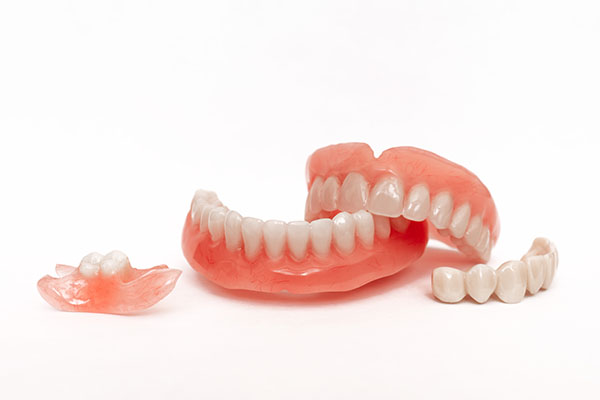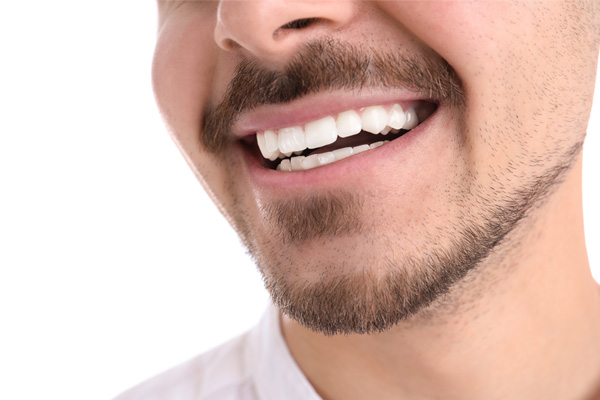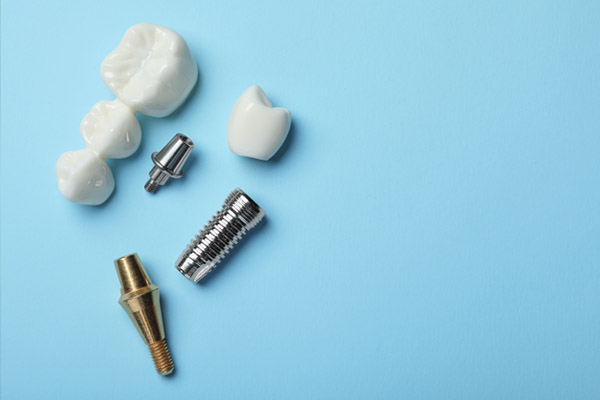 Denture care is the maintenance of dentures with respect to proper denture placement and denture hygiene. Good denture care and placement involves both denture security on your part but also ensuring that dentures fit correctly in your mouth so that they don't cause any physical obstruction when it comes to eating or speaking. When removing and cleaning dentures, you should handle dentures gently and properly clean denture parts after eating. Dentures need special care and attention to work efficiently without causing physical pain or impediment.
Denture care is the maintenance of dentures with respect to proper denture placement and denture hygiene. Good denture care and placement involves both denture security on your part but also ensuring that dentures fit correctly in your mouth so that they don't cause any physical obstruction when it comes to eating or speaking. When removing and cleaning dentures, you should handle dentures gently and properly clean denture parts after eating. Dentures need special care and attention to work efficiently without causing physical pain or impediment.
Remove dentures from the mouth
Most people that wear dentures will tell you that dentures are easy to wear but hard to take out at night. Dentures can be even more difficult with the aid of denture adhesives and denture stabilization tabs. For dentures with these features, denture wearers should engage in a two-step denture care and removal process.
Step 1: Hold dentures by the denture base (keeping dentures horizontal) and gently remove dentures from the mouth using your opposite hand. Do not pull up on dentures or allow teeth to touch. This will help prevent dentures from being pulled out of your mouth.
Step 2: With the denture base still in hand, gently remove the denture tab/adhesive liner with the opposite hand. Do not touch your denture teeth during the removal process.
Clean dentures at night
Dentures are clean when they feel and smell fresh. Denture cleaning tablets are the best way to clean dentures at night. Denture cleaning tablet prevents dentures from becoming corroded or discolored when dentures are not worn during the day (and before bedtime).
Step 1: Place one tablet in a glass filled with warm water; dentures should be submerged for a few minutes in the solution.
Step 2: Use a denture brush to carefully remove any food residue or denture deposits from dentures. Avoid scrubbing dentures too hard because this can ruin dentures over time.
Step 3: Use a toothbrush to clean off any plaque on the dentures.
Step 4: Rinse dentures with clean water. Be careful not to let dentures soak in the glass for too long since dentures can easily be ruined if submerged for extended periods.
Store dentures properly
Denture storage is essential to denture hygiene because it prevents dentures from becoming corroded, discolored, or stale. Dentures should be stored in denture storage devices whenever dentures are not worn; dentures should be kept in denture boxes whenever possible (denture storing devices can also help prevent odors).
Handle dentures properly
Dentures should be handled gently. Avoid dropping dentures or denture parts since dentures can become damaged when dropped. Dentures also need to be cleaned if they are dropped. Dentures should not be stored in your mouth while you are sleeping (not only will this aid in your mouth drying out, it can also prevent dentures from fitting when worn over time).
Dentures need to be maintained regularly for denture care and hygiene. If you have denture problems, ask your dentist how to take better care of dentures; dentists can also help you adjust denture adhesives and tabs or recommend denture care and maintenance products if necessary.
Recent Posts
It might take some time adjusting to your new smile and the proper denture care you should be doing. This is completely normal, but with a bit of practice and some education, you’ll begin to feel like you don’t even have dentures, and everything will be second nature. With that comfort, some people begin to…
Denture care is one of the most essential steps in preventing gum disease. Gum disease can lead to tooth loss and other health issues like heart disease, stroke, and diabetes. Dentures are a common and vital dentistry tool dentists use to repair tooth damage, fill cavities or even replace missing teeth. Dentures play a considerable…
When you have dentures, you must remember this, proper denture care starts with treating your dentures just like natural teeth. You should keep your dentures clean and shiny to help maintain your new smile. Keeping your dentures and mouth clean will help to extend the life of your new smile! Here are four tips on…


